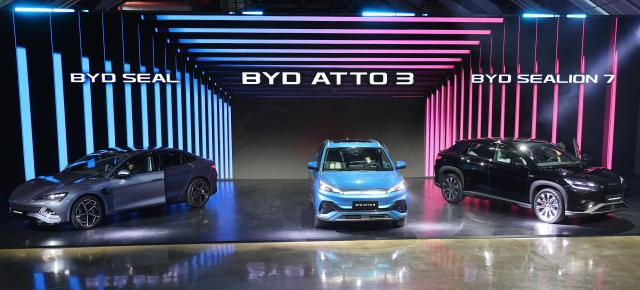
SEOUL, February 11 (AJP) - The arrival of Chinese automaker BYD in South Korea has ignited concerns among experts over data security in connected vehicles, with warnings of potential privacy risks and information leakage.
As of November last year, South Korea had 9.47 million connected vehicles on its roads, accounting for 36.04 percent of all registered automobiles in the country.
Industry analysts estimate that when factoring in various wireless communication technologies, nearly 90 percent of newly manufactured vehicles worldwide qualify as connected cars.
BYD Korea has sought to assuage concerns, stating that it “strictly complies with personal information protection laws” and that “personal information collected in Korea is not shared with headquarters in China.”
However, the company’s use of Tencent Cloud, a Chinese IT firm, to store data on local servers has prompted renewed scrutiny from security experts.
“Connected cars are capable of collecting highly sensitive personal information — not only a driver’s personal data but also driving routes, patterns, and visited locations,” said Yeom Heung-yeol, an honorary professor of information security at Soonchunhyang University.
“Additionally, they can gather vast amounts of image data for autonomous driving functions.”
Concerns extend beyond Chinese-brand vehicles to those utilizing Chinese-made connected car technology and components. While domestic automakers such as Hyundai Motor Group develop their own software, tracing the origins of hardware components remains a persistent challenge.
The scrutiny follows a recent decision by the U.S. Commerce Department to ban the sale of vehicles incorporating Chinese or Russian software and parts in vehicle connectivity systems (VCS) and automated driving systems (ADS), citing national security risks.
Amid these concerns, South Korea is preparing to strengthen its regulatory framework.
A newly amended Automobile Management Act, aimed at bolstering software security requirements for automakers, is set to take effect in August. The legislation comes as calls grow for more comprehensive oversight of connected vehicle security in an increasingly digitized automotive landscape.
Copyright ⓒ Aju Press All rights reserved.


View more comments